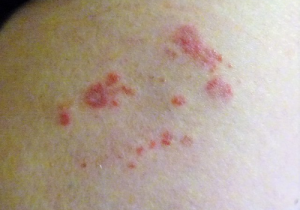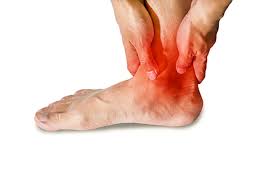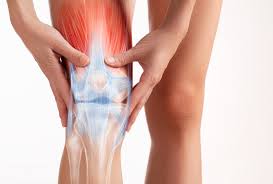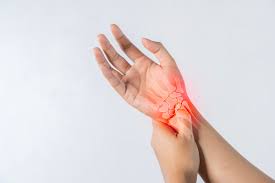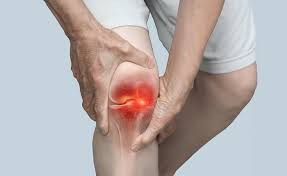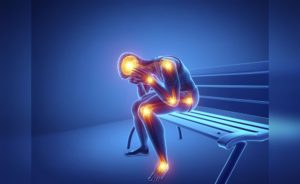1. Causes
Nerve pain, also known as neuropathic pain, arises when nerves are damaged, irritated, or compressed. It can occur anywhere in the body and is often chronic, with sensations like burning, tingling, or electric shocks. In Traditional Chinese Medicine (TCM), nerve pain is linked to Qi and blood stagnation, phlegm obstruction, and deficiencies in liver and kidney energy.
2. Underlying Factors
– Nerve compression (e.g., herniated disc, carpal tunnel syndrome)
– Diabetes-related peripheral neuropathy
– Postherpetic neuralgia following shingles
– Trauma or surgery damaging nerves
– Chemotherapy or medication-induced neuropathy
– Liver or kidney deficiency affecting nerve nourishment
– Emotional stress aggravating nerve hypersensitivity
3. Symptoms
– Burning, stabbing, or shooting pain along a nerve path
– Numbness, tingling, or pins-and-needles sensation
– Muscle weakness or atrophy in the affected area
– Sensitivity to touch, even from light clothing
– Pain that worsens at night or with inactivity
– Disrupted sleep, fatigue, or mood changes due to chronic discomfort
4. Treatment Options
– Physiotherapy: Enhances nerve-muscle coordination and proprioception
– Acupuncture: Stimulates nerve regeneration, regulates meridians, and relieves pain signals
– Manual therapy: Nerve mobilization and soft tissue work around affected areas
– Herbal medicine: Tonifies Qi, nourishes blood, and clears internal obstructions
– Lifestyle and stress management techniques to reduce flare-ups
5. At-Home Tips
– Use heat therapy to soothe tingling or cold limbs (unless inflammation is present)
– Avoid prolonged pressure on affected limbs; change positions frequently
– Try gentle nerve flossing or stretching exercises
– Maintain balanced blood sugar levels if diabetic
– Use relaxation techniques like meditation or warm baths
– Recommended products: Massagers, herbal balms, heat patches, ergonomic support tools




